Why is a giant blue whale 'cannot get cancer'?

It is known that elephants have '
Why Blue Whales Don't Get Cancer-Peto's Paradox-YouTube
The cells that make up the creature's body are a type of machine made up of hundreds of millions of protein components.
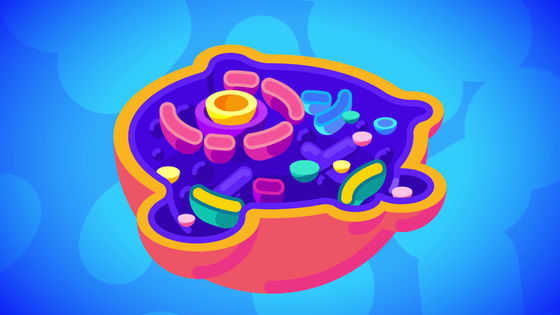
Each of these cells metabolizes energy and breaks down and reconstitutes material, while the creature retains its body by replicating itself perfectly.
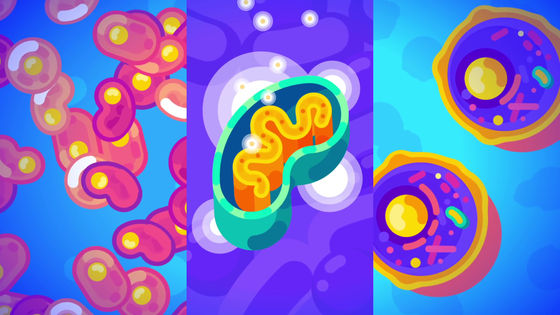
However, as years pass and the myriad reactions that take place in the body are repeated, errors occur somewhere.

With the accumulation of small errors, it is finally impossible to repair.

To respond to this, cells have a mechanism to commit suicide, but ...
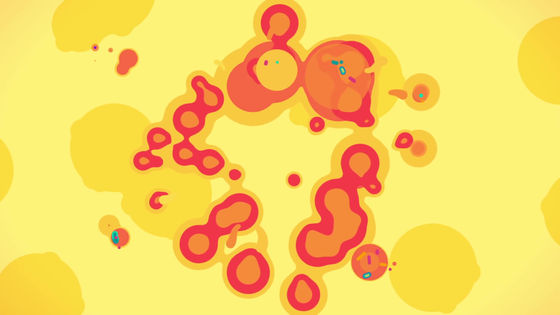
Sometimes this mechanism doesn't work and it starts to run away. This is the birth of cancer cells.
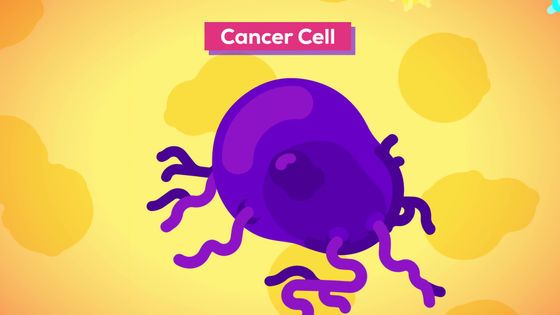
The creature's body has an immune system that kills the cancer cells ...
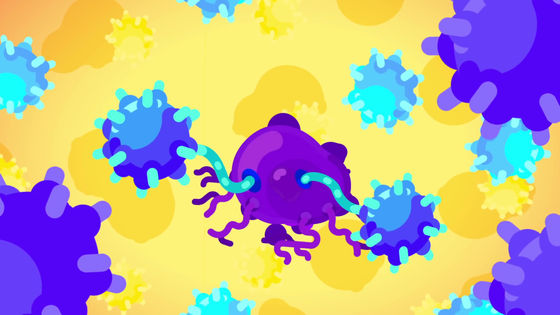
Still, if the cancer cells survive, they will eventually develop cancer.
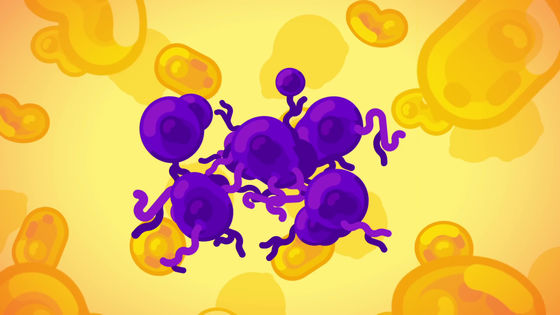
The size of the cells, whether insects or large animals, does not change much, so the size of the body and the number of cells are basically proportional.
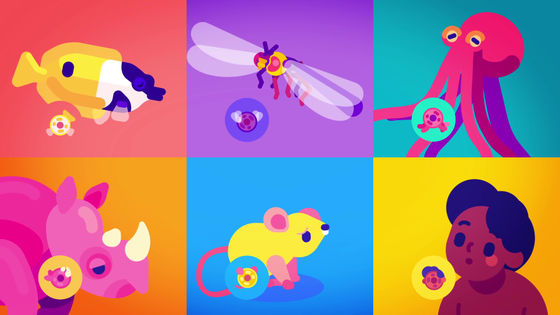
If so, it is natural to think that animals with fewer cells and shorter lifespan have a lower incidence of cancer, while animals with more cells and longer lifespan have a higher incidence of cancer.
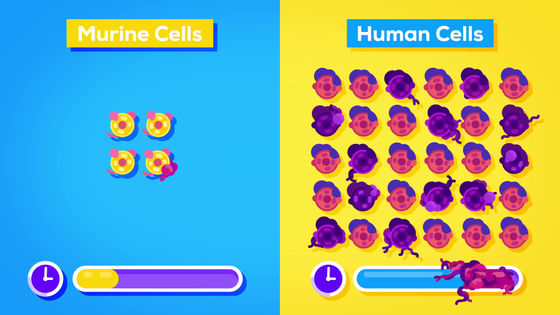
But in fact, the incidence of cancer in rats and humans, which live 50 times longer and have thousands of cells, is not much different.
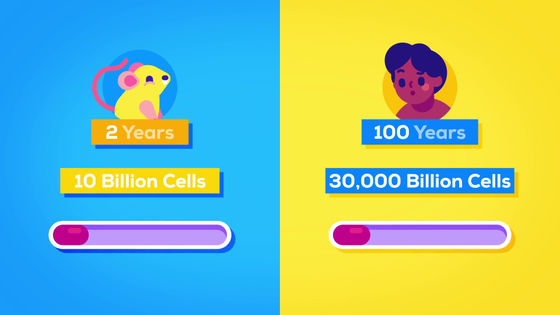
On the contrary, blue whales, which have 3000 times as many cells as humans, do not get cancer at all.
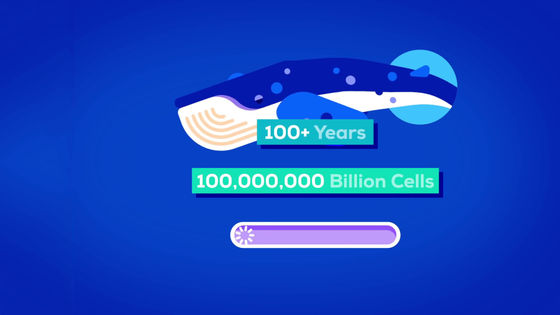
This is the Pete's paradox.

Many large animals, not just blue whales, have a lower incidence of cancer than their body size.
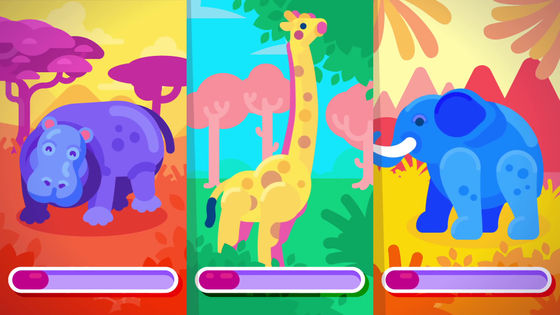
Scientists have proposed two major hypotheses as answers to this mystery. “Evolution” and “
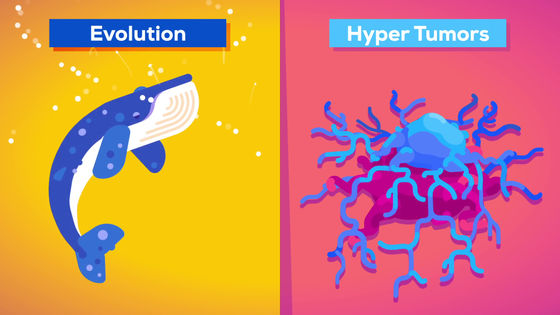
The first is 'evolution', which states that 'we have acquired a mechanism to suppress the development of cancer during the evolution process.'
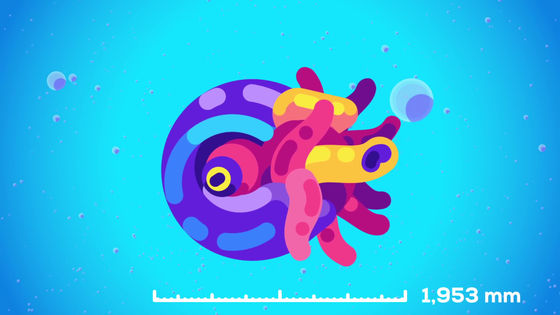
Creatures that could not obtain a mechanism to suppress cancer died during the enlargement, so that large animals today are immune to cancer.
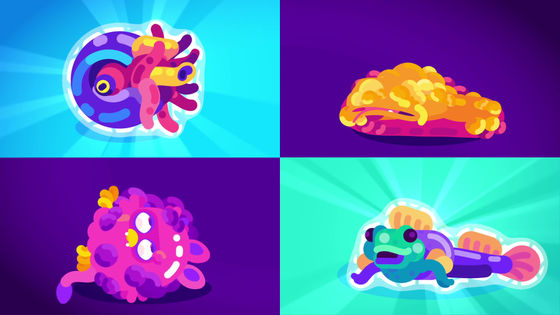
In the first place, cancer cells don't 'just go badly into cancer.' It occurs when an error in a cell overlaps with a mutation in a
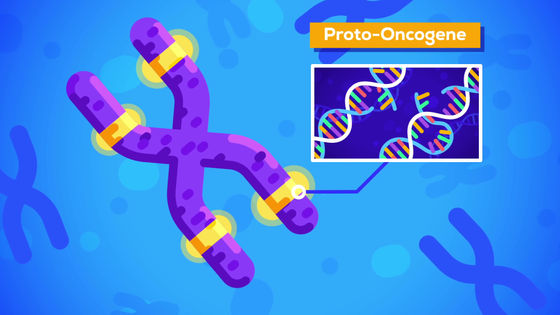
As a result, cancer cells lose their ability to commit suicide, gaining the ability to evade immunity, the ability to proliferate rapidly, and the ability to get the nutrients needed for proliferation, and so on. born.
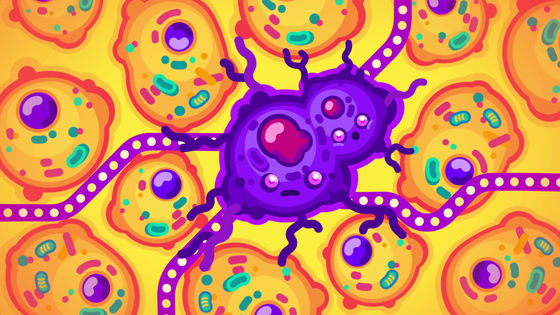
However, proto-oncogenes have a strong enemy called '
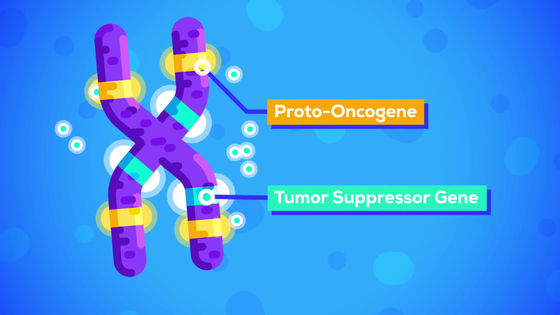
Tumor suppressor genes are responsible for repairing genetic errors and for properly killing cells that are no longer repairable.
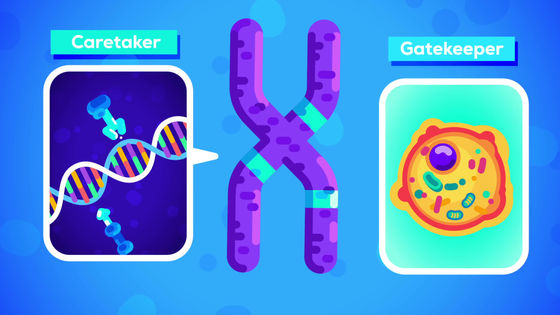
Large animals have been found to have many of these tumor suppressor genes.
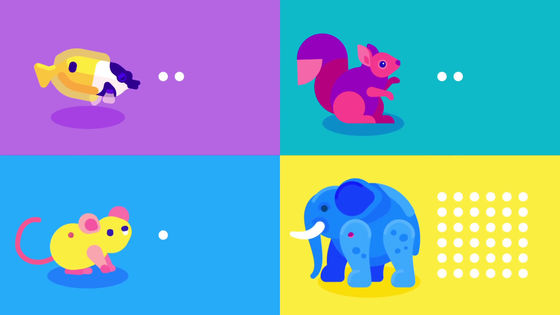
Therefore, elephants may require more errors to develop cancer than mice.
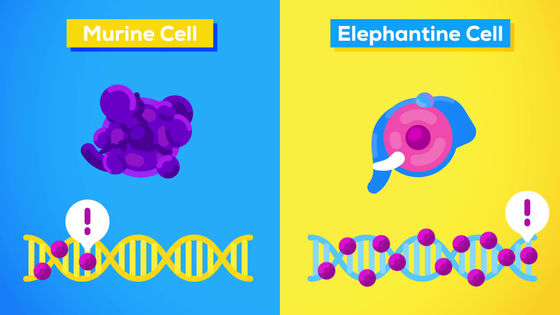
However, there are some costs to gain this ability.
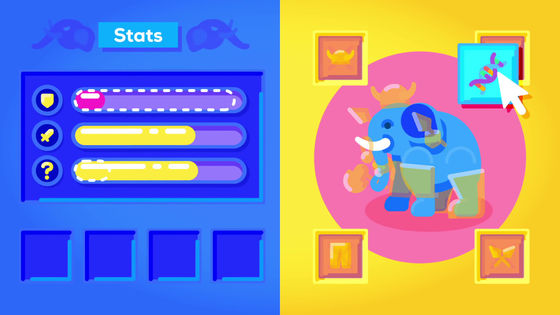
One theory states that elephants 'age quickly and heal the wounds slowly', but I do not know for sure.

Another answer to Pete's paradox is hyper-tumor.
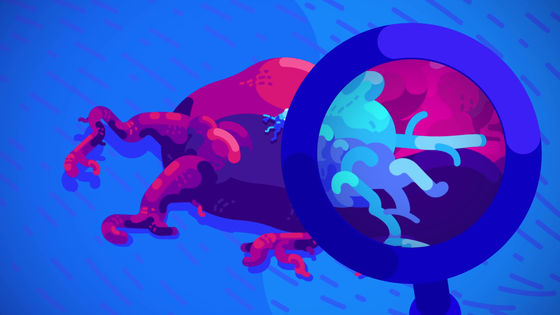
'
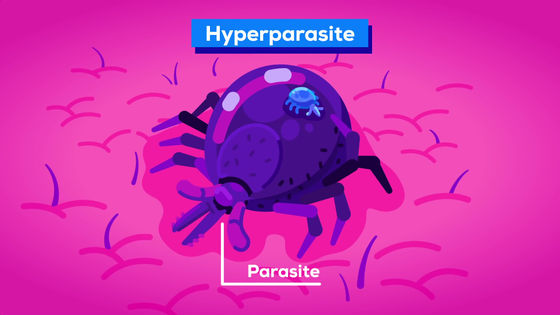
In other words, 'cancer that can be made into cancer'.
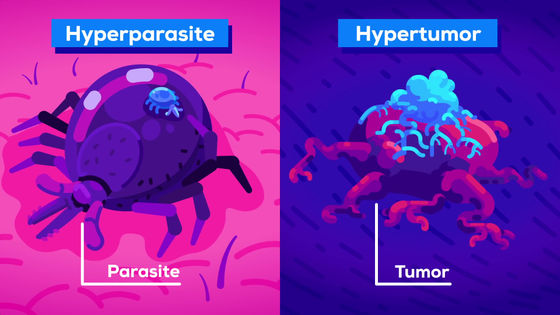
As the name 'malignant neoplasm' symbolizes, cancer that grows by taking the nutrients of a host without permission is like a parasite in a way.
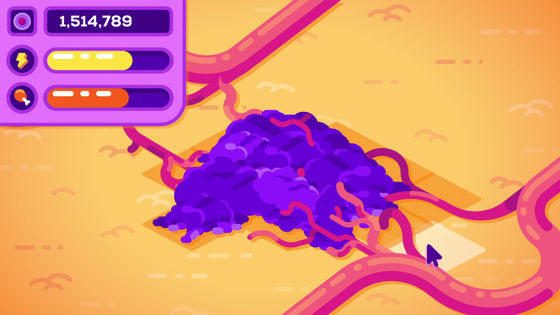
Because cancer cells are unstable and susceptible to mutation, it is not unnatural for cancer cells to betray a cancer tumor to develop, just as cancer cells once betrayed the host.
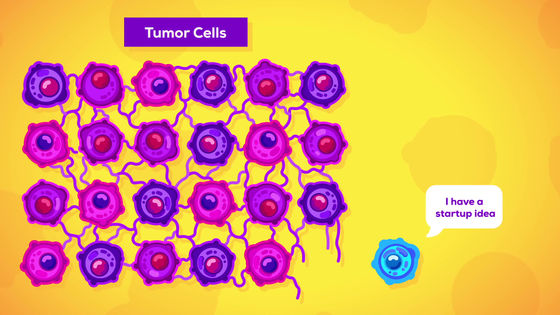
When new cancer cells draw blood vessels into themselves and take nutrients, the original cancer tumor becomes undernourished and dies.
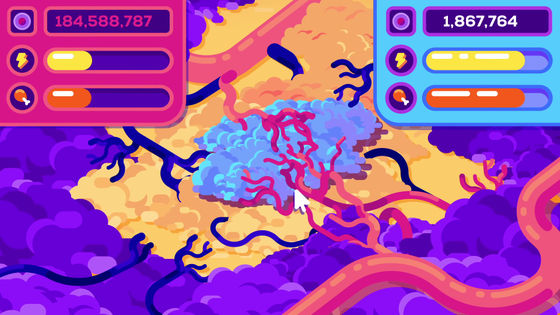
Since there is no limit to this cycle, it is possible that 'a tumor that has become a cancer tumor has a new cancer tumor ...'.
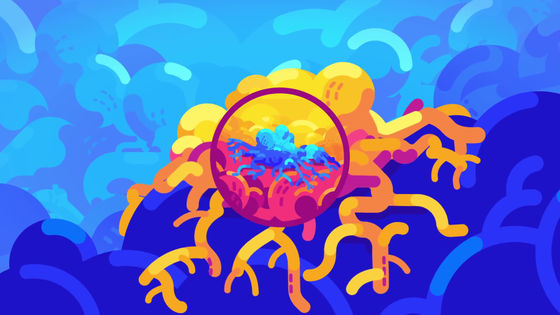
The hypothesis is that 'this work may have helped to keep cancer from getting worse.'
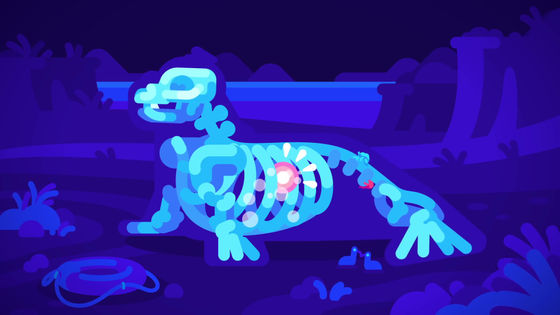
If '2g of cancer' develops, 10% of the body weight of the mouse can be affected by the tumor, which is life threatening.
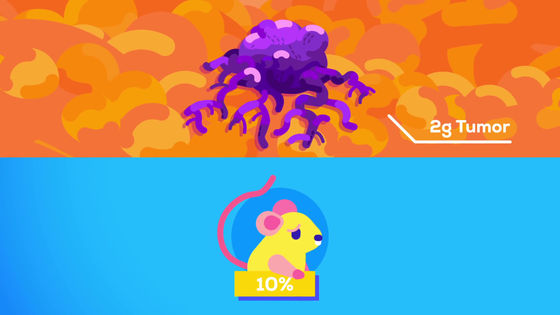
However, this is only 0.002% of the total weight for humans and only 0.000002% for blue whales.
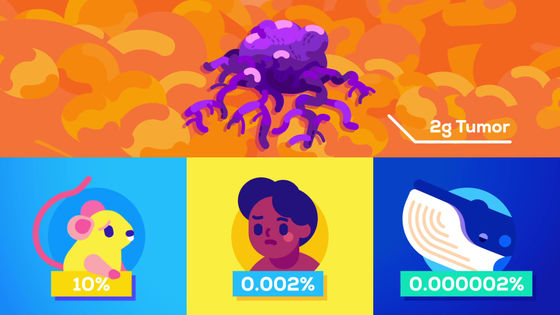
The mysterious identity of the giant blue whale dying from cancer may be, in fact, 'there are countless small cancer tumors but no health effects.'
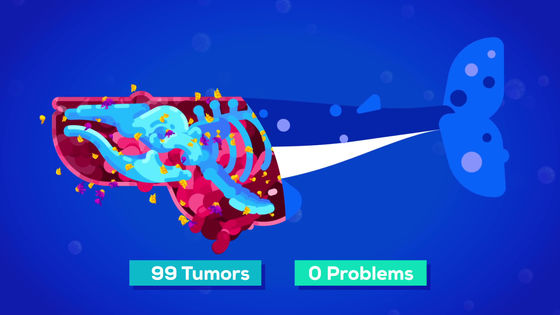
Other theories, such as 'different cell structures' and 'differences in metabolic mechanisms' have been proposed, but they do not know for sure.
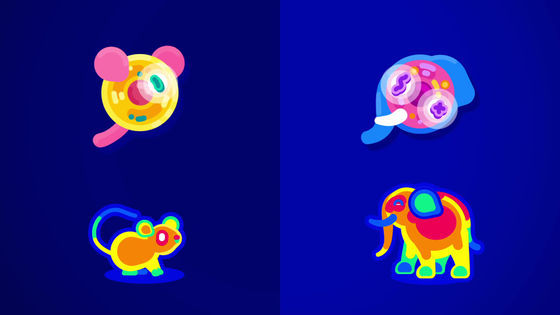
If it becomes clear why large animals have less cancer in the future, it is hoped that innovative cancer treatments will be established.
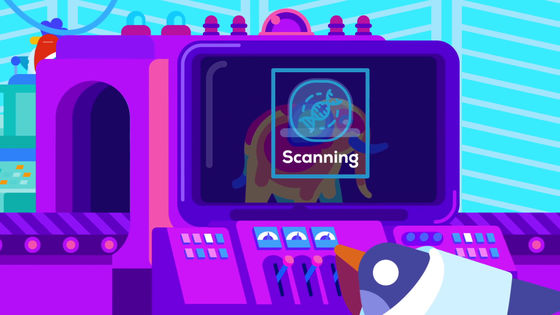
Related Posts:







